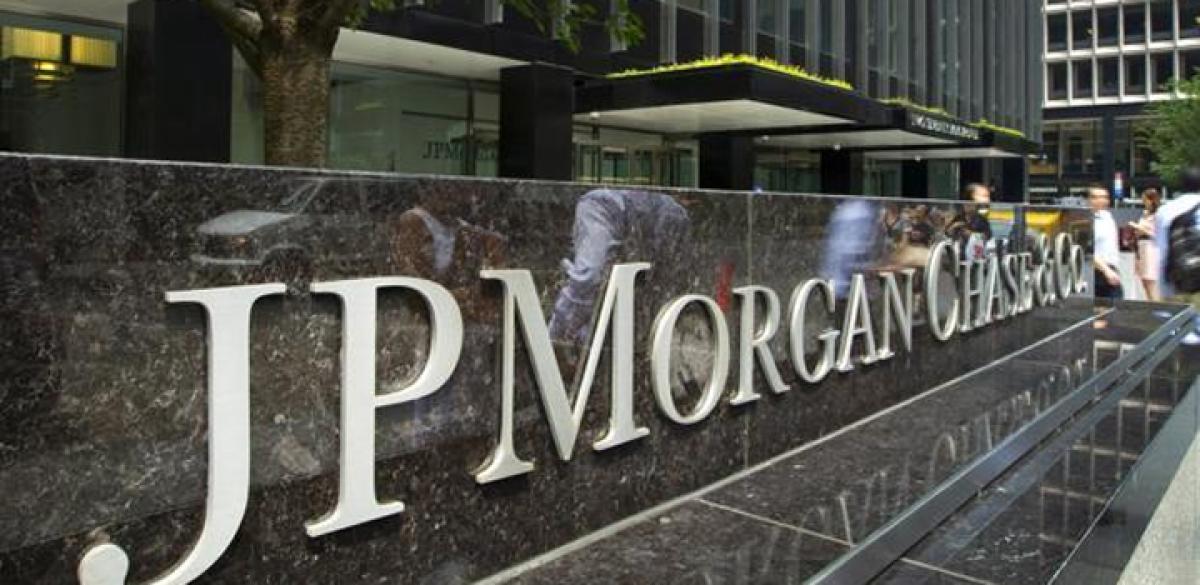Live
- ‘Gully Gang Stars’ review: A gripping tale of resilience and justice
- Train crew suspended for violating speed limit
- Scrap NITI Aayog, bring back Planning Commission: Mamata
- Know your MLA: Satya Prabha continues husband’s legacy with resounding victory
- Dharani Revamp on Cards: CM calls for in-depth study to resolve Dharani lapses
- Huge scam in government ads
- NITI Aayog to focus on ‘Viksit Bharat @2047’
- PM playing petty politics: Oppn
- Jagan government destroyed AP economy says Chandrababu Naidu
- On Kargil Vijay Diwas, Modi hails Agnipath, targets Opposition
Just In

x
Highlights
JP Morgan Chase & Co., the largest bank in the US, will pay $100 million to settle a lawsuit over using illegal methods to collect debts from more than 125,000 credit card holders in southern California and elsewhere.
JP Morgan Chase & Co., the largest bank in the US, will pay $100 million to settle a lawsuit over using illegal methods to collect debts from more than 125,000 credit card holders in southern California and elsewhere.

The largest US bank by assets will pay an estimated $10 million to consumers in California as part of a previously announced $50 million national agreement, and will pay another $50 million in penalties to the state to settle the 2013 lawsuit, which was filed in a court in Los Angeles, Xinhua reported.
"We are pleased to resolve these legacy issues with the California Attorney General and we are working to complete our remediation of affected card customers," Suzanne Alexander, a bank spokeswoman, said.
The settlement specifically addresses debt collection wrongdoing that includes collecting incorrect amounts, selling bad credit card debt, and running a debt collection mill that involved illegally "robo-signing" thousands of court documents and improperly obtaining default judgments against military service members, state Attorney General Kamala Harris said.
The settlement includes reimbursing military members in cases where the company improperly obtained default judgments.
The judgment, which is subject to court approval, includes terms that fundamentally change Chase's credit card debt-collection practices to prevent similar misconduct in the future, Harris said.
Between 2009 and 2013, Chase filed more than 125,000 credit card collection lawsuits against California consumers relying on illegally robo-signed sworn documents and provided an additional 30,000 robo-signed sworn statements in support of lawsuits filed against California consumers by third-party debt-collectors, according to court documents.
Chase also made systematic calculation errors regarding the amounts owed, and sold "zombie debts" to third-party debt-collectors that included accounts that were inaccurate, settled, discharged in bankruptcy, not owed, or otherwise not collectable, Harris said.

Next Story
More Stories
ADVERTISEMENT
© 2024 Hyderabad Media House Limited/The Hans India. All rights reserved. Powered by hocalwire.com







